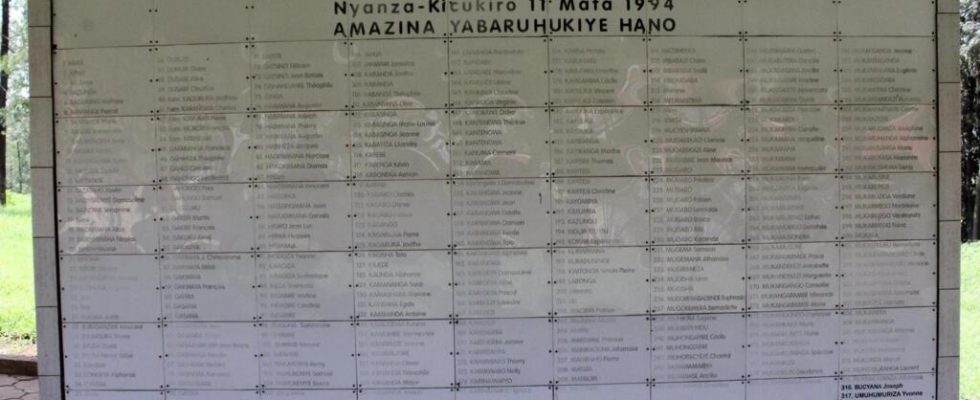In Rwanda, in Kigali, the Ibuka association of survivors of the 1994 genocide against the Tutsis held its annual general meeting (AG) on the weekend of February 10-11, 2024. The national executive office, committee offices from the country’s 30 districts, and six other Ibuka member associations met to determine their goals for this new year.
1 min
With our correspondent in Kigali, Lucie Mouillaud
On the program of the general assembly, preparations for the commemoration of thirty years after the genocide against the Tutsis in 1994.
Philibert Gakwenzire, president of the executive office of Ibuka, underlines, “ our general assembly takes place at a special time. It is a symbolic date because 30 years marks a generation, and it is at this time that we must think about the generation that will follow, which will mark the country. »
“ There is the transmission of memory because we will not always be there »
Among the priorities presented for the coming year: capacity building at the local level, care for older isolated survivors, continued monitoring of survivors suffering from post-traumatic stress during commemoration periods, and transmission of memory to the youngest.
Philibert Gakwenzire explains: “ There is the transmission of memory, of national history and individualbecause we are still here, but it is obvious, we will not always be here, which is why we are strengthening their skills to understand the history of our country. »
A period of national contemplation and remembrance which is held each year, from April 7 and for a period of 100 days, until the beginning of July.
Read alsoThe March of the World – Rwanda: facing the genocide, in the Ibuka archives
